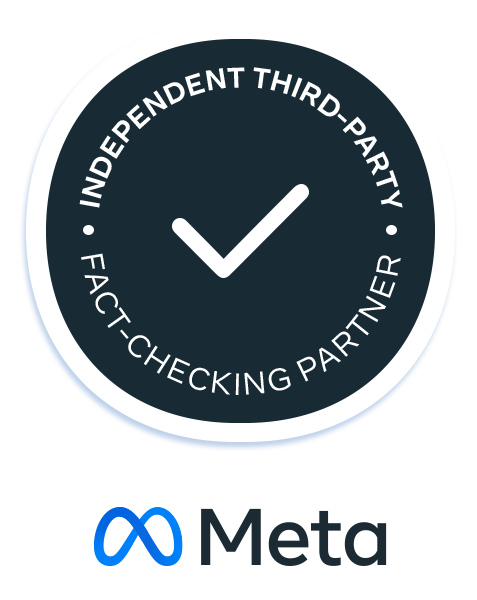- نــحــو مـحــتوى عربي موثوق
- Jordan-Amman-Mecca Street Building 20 – INJAZ – 5th Floo

*The Fatabyyano platform relies on the evaluation of Facebook Allegations Company It consists of 9 news categories

Meta Company announced its partnership with the Fatabyyano platform in 2020, and Fatabyyano is working on fact-checking in 19 countries in the Middle East and North Africa as part of the fact-checking program through third parties.

Fatabyyano obtained the accreditation of the International Fact-Checking Network in 2019, and Fatabyyano is the first Arab platform to obtain this accreditation at the global level.